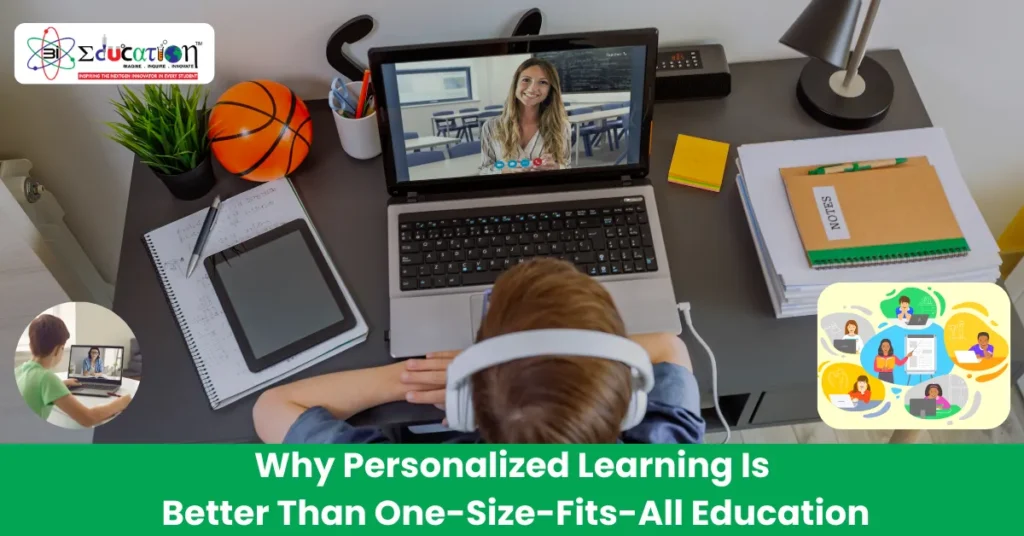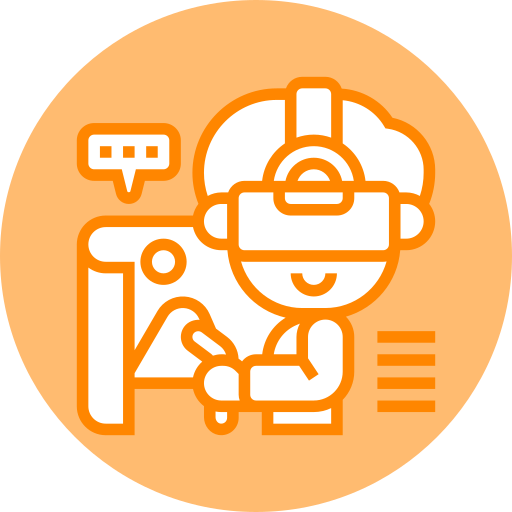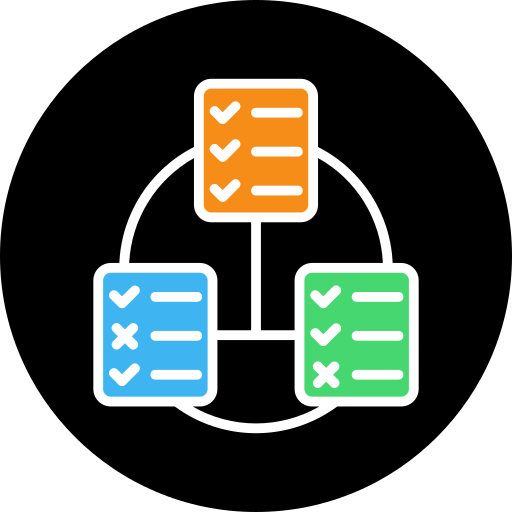Why Personalized Learning Is Better Than One-Size-Fits-All Education
In today’s educational landscape, the traditional “one-size-fits-all” approach is increasingly being challenged. Personalized learning has emerged as a compelling alternative, tailoring education to meet individual student needs. This shift is particularly relevant for parents and students in grades 1 to 10 across the USA, who seek more effective and engaging educational experiences. Understanding Personalized Learning Personalized learning is an educational approach that customizes instruction to align with each student’s strengths, needs, skills, and interests. Unlike traditional methods that apply a uniform curriculum to all students, personalized learning recognizes that each child is unique and may require different strategies to achieve their full potential. This method often incorporates flexible pacing, tailored content, and varied instructional strategies to create a more engaging and effective learning environment. The Limitations of Traditional Education Traditional education systems have long operated under a standardized model, where all students are taught the same material at the same pace. While this approach aims to provide equal learning opportunities, it often overlooks individual differences among students. Some limitations of this model include: Benefits of Personalized Learning Personalized learning offers several advantages over traditional education methods: 1. Increased Student Engagement When students have a say in their learning process, they are more likely to be engaged. Allowing choices in how they learn and demonstrate understanding leads to deeper involvement. For instance, students might choose between writing an essay, creating a presentation, or developing a project to showcase their knowledge. This flexibility encourages active participation and investment in their education.Source : EdTech Magazine 2. Enhanced Academic Performance Tailoring instruction to individual needs can lead to significant academic improvements. Studies have shown that students in personalized learning programs often outperform their peers in traditional settings. For example, research indicates that students engaged in personalized learning score higher on standardized tests compared to those in conventional classrooms. Source : Matsh Talent Development 3. Development of Critical Thinking Skills Personalized learning encourages students to take ownership of their education, fostering critical thinking and problem-solving abilities. By engaging in project-based learning and real-world applications, students develop essential 21st-century skills. Source : EdTech Magazine 4. Flexibility and Adaptability This approach allows for adjustments based on ongoing assessments and feedback. Teachers can modify lesson plans to better suit each student’s progress, ensuring that learning objectives are met effectively. Such adaptability is particularly beneficial in addressing diverse learning styles and paces. 5. Increased Motivation and Responsibility When students customize their courses, they feel responsible and take ownership of their learning. This helps students develop sensibility in life. They learn things that suit them best and choose subjects they are passionate about, leading to greater motivation and engagement. Source : acadecraft.com Implementing Personalized Learning at Home Parents play a crucial role in facilitating personalized learning. Here are some strategies to consider: Personalized Learning in Schools Many schools across the USA are adopting personalized learning models to better cater to student needs. For example, some institutions implement Individual Learning Plans (ILPs), which document each student’s strengths, challenges, interests, and goals. These plans are created collaboratively by students and teachers to guide the educational journey. Source : Wikipedia Additionally, programs like Teach to One have been developed to provide customized math instruction, integrating technology to create individualized curricula. This approach has been implemented in various schools to enhance math learning outcomes. Source : Wikipedia Addressing Challenges and Considerations While personalized learning offers numerous benefits, it’s important to acknowledge potential challenges: Despite these challenges, the potential of personalized learning to transform education is substantial. By focusing on individual student needs, this approach aims to create more equitable and effective learning environments. Conclusion Personalized learning represents a significant shift from traditional educational models, offering a tailored approach that recognizes and nurtures individual student potential. For parents and students in grades 1 to 10 across the USA, embracing personalized learning can lead to enhanced engagement, improved academic performance, and the development of critical life skills. As educational institutions continue to evolve, integrating personalized learning strategies can pave the way for a more effective and inclusive educational experience.At 3iEducation, we are committed to supporting personalized learning initiatives that empower students to achieve their fullest potential.





